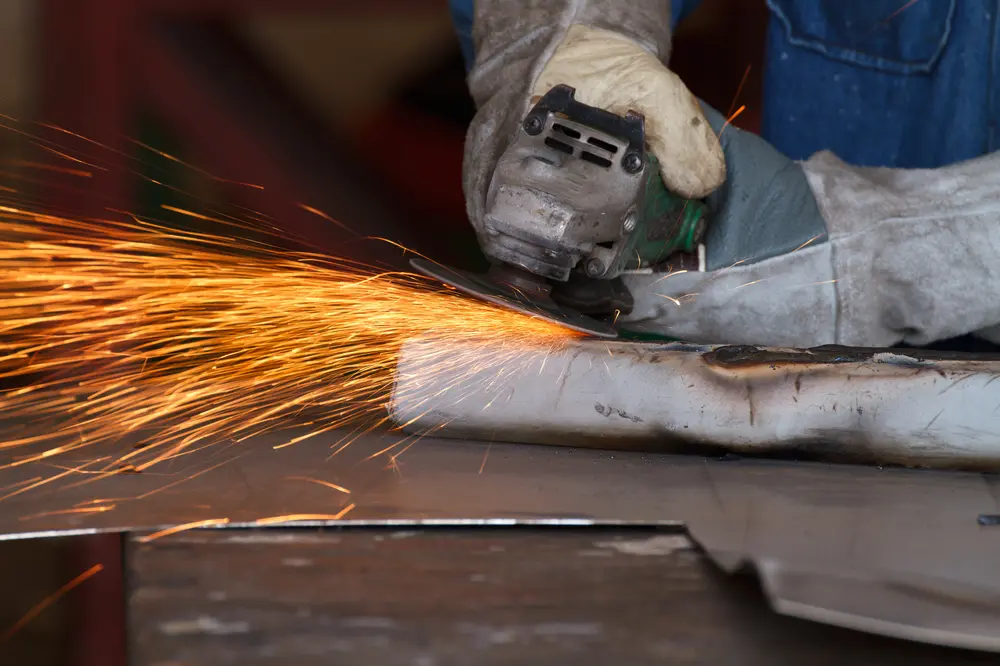PHOTO
ABU DHABI, 29th March, 2017 (WAM) -- The UAE bank credit to the industrial sector grew by 190 percent to AED70 billion over the past decade, accounting for 4.8 percent of the total loans channelled to business sectors in the UAE by the end of 2016, according to the UAE's Central Bank recent data.
Bank industrial credit for foreigners in the country slightly dipped owing to an unprecedented growth in loans to the construction and building sector, which increased five times over the past ten years due to the real estate boom witnessed nationwide, as well as in personal loans, which tripled as a result of the considerable population growth. Leading bankers in the country expressed optimism that the current year will witness a boom in a number of business platforms, primarily hospitality, tourism and leisure, supported by the relative stability in global oil prices and the rising government expenditure. "Abu Dhabi Islamic Bank, ADIB, will continue to play a significant role in funding companies operating in fast-growing sectors in the country, while continuing its conservative approach and optimised management of its financial resources, concentrating on lending certain segments of clientele," said Khamis Buharoon, Vice Chairman of ADIB Board of Directors, in statements published by Al Ittihad newspaper recently. The fluctuating market conditions resulting from weak oil prices have had their bearing on the performance of the corporate sector, especially small and medium-sized corporations, he noted.There are no financing arms exclusively specialising in lending the industrial sector in the country, and therefore industrialists opt for commercial banks for credit, said Hamad Al Awadi, a member of the board of directors of the Abu Dhabi Chamber of Commerce and Industry.
Credit to the industrial sector is classified by UAE banks among high-risks businesses, and therefore banks and financial institutions refrain from financing industrial entities in light of the availability of other lending options that involve fewer risks and higher returns, Al Awadi added, noting that the credit channelled to the industrial sector in the country does not exceed 5 percent of the total bank loans in the country. "Most factories and plants operating in the UAE are located in specialised industrial zones where land cannot be mortgaged to banks, which as a result refrain from providing industrial credit. Such unavailability of sufficient collaterals prevents industrialists from obtaining their credit requirements," he continued. The industrial sector is in need of a comprehensive, well thought out strategy that would incentivise financing arms operating in the country, to provide its credit requirements, Al Awadi noted. Most banks working in the UAE are commercial institutions whose primary concern is to reap the largest possible level of profitability and dividends with minimum risks. Consequently, they opt for personals loans and for lending the property sector and other similar business platforms that provide sufficient collaterals which ensure loan collection in the fastest possible manner. In the meantime, industrial credit returns dont exceed 4-5 percent and needs around 20-25 years to recover the entire investment, a long span of time for commercial banks, given the high risk involved.Copyright Emirates News Agency (WAM) 2017.





















